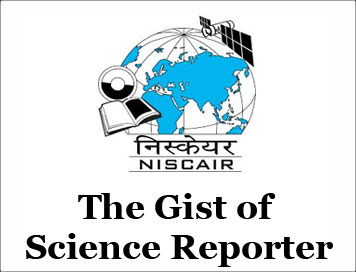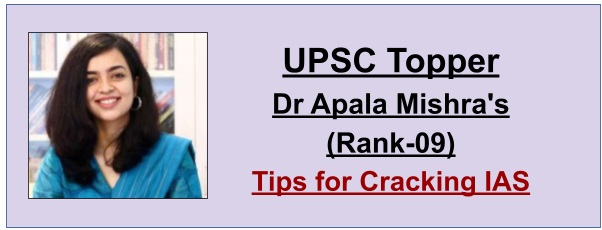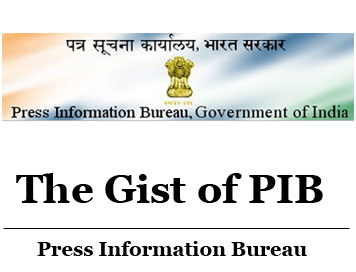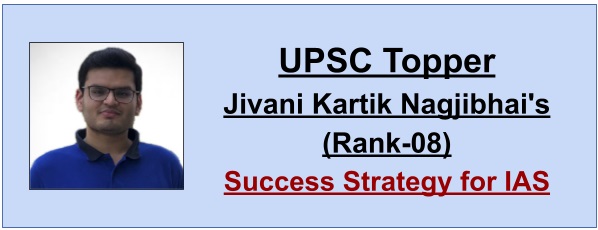Jivani Kartik Nagjibhai is a serving IPS officer of Gujarat cadre who secured an all India rank of 8 in UPSC Civil Services Examination 2020. A mechanical engineer from the Indian Institute of Technology, Bombay, this is Jivani's 3rd attempt. He was successful in getting selected on his second attempt into the Indian Police Services. However, he kept trying to reach his IAS goal and has finally found success this year. He also holds the record of scoring the highest marks in Gujarat state civil services.
Coaching And Self Study
Jivani did not take any coaching classes in his 2017 attempt. However, having been unable to qualify mains, he decided on taking some guidance. His 2018 rank of 94 is a testament that this was a well thought out and successful move on his part.
Strategy
Jivani has cracked prelims on every attempt. His scores were always 10-15 marks above the usual cut-off, which allowed him to start his mains preparation immediately after prelims and gave him the peace of mind to progress.

Jivani kept his sources limited to standard sources. He revised every source 7 to 8 times combined in all his attempts. He started each source by reading it in a very relaxed and open-minded manner, much like how one would read a storybook. This allowed him to understand the source material's structure and content so that the next time he picked up the same source to study in more depth, he already knew which topics to cover and how.
Jivani also made crisp notes for each subject. For example, his whole general studies Geography was consolidated into a 50 pages note. This allowed him to revise everything multiple times in very limited periods. For books like Laxmikant or Spectrum, which are already in notes format, he simply highlighted the main keywords. This allowed him to revise the entire Laxmikanth in just one day.
There are certain tricks that Jivani followed for the actual exam that he believes allowed him to achieve this difficult feat.
Elimination Techniques
A lot of this comes down to proper practice. When you have taken enough tests and solved enough previous year's papers, you realise there are ways of making choices even when you are not 100% certain as to which is the right answer. By eliminating options based on which are least likely to be correct, you can make an informed guess as to which of the options is most likely to be the correct answer.
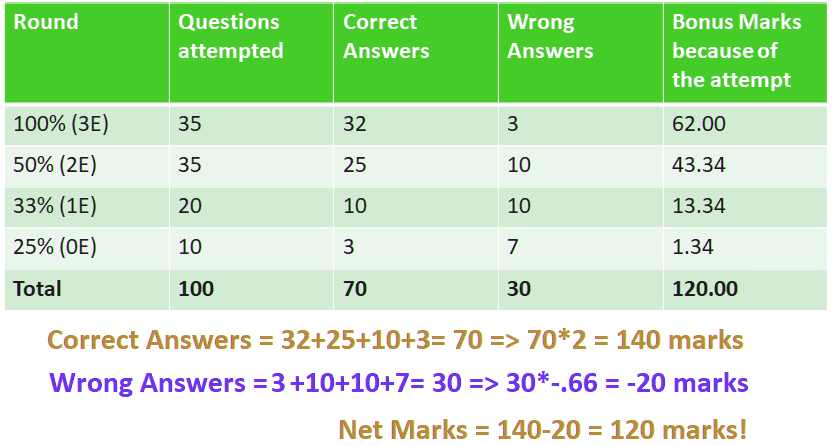
Equal Weightage For Options
Jivani realised by going through the previous year's question papers that in prelims, each of the four options is correct 25% of the time. This trick may not be very helpful towards the beginning, but at the end of the exam, if you are unable to solve only a few questions, you can use this tip to figure out the most likely response.
Overall, UPSC Civil Services is about smart work, the willingness to study hard, and perseverance. Candidates that embody these qualities will always find success in this exam.
Best of Luck.
© IASEXAMPORTAL
CLICK HERE TO DOWNLOAD UPSC TOPPERS NOTES

